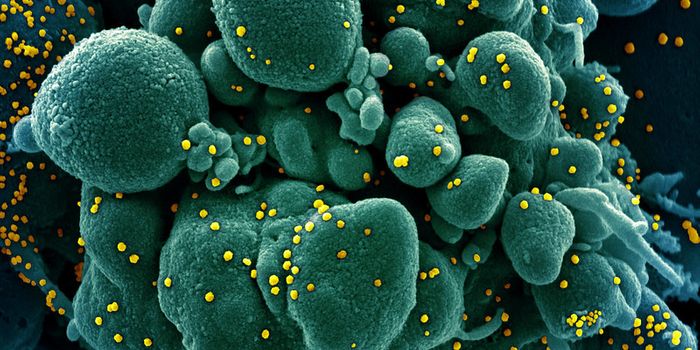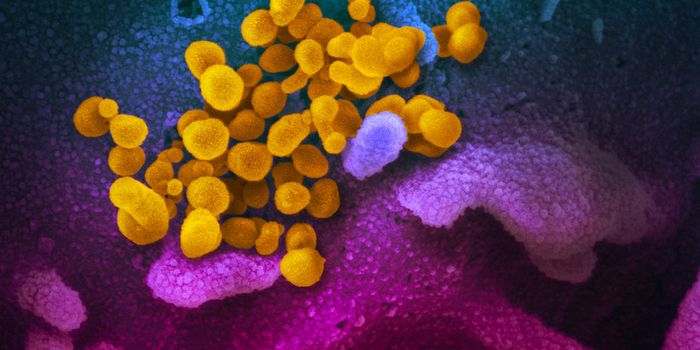Why Severe Long COVID is 3X More Likely in Women Than Men
The COVID pandemic brought many challenges, one of which is the chronic problem known as long COVID that can develop after a SARS-CoV-2 infection, and linger for months or years. Long COVID is characterized by many different symptoms, including fatigue, brain fog, gastrointestinal distress, and respiratory problems, among others. These symptoms also tend to be worse and more persistent in women, especially when they also develop chronic fatigue syndrome.
Scientists have now identified biological factors that may explain why long COVID can be so much more severe, and is three times more likely in women than men. The findings, which have also identified potential treatment targets, have been published in Cell Reports Medicine.
"We are focusing on a subset of patients with the most devastating symptoms that are very similar to chronic fatigue syndrome," noted senior study author Shokrollah Elahi, an immunology professor at the University of Alberta. "They didn't have these symptoms prior to COVID and most had only mild COVID-19 disease, so they were not hospitalized."
In this study, the researchers assessed immune cells and biomarkers in blood samples along with genetic data from 78 long COVID patients one year after their initial SARS-CoV-2 diagnosis, along with 62 people who had SARS-CoV-2 but did not develop long COVID. This work revealed a unique immune signature in female patients that was not seen in male patients.
The study revealed evidence of problems in the gut barrier, or ‘leaky gut’ in female patients, as well as abnormally high levels of a protein known as CD14, lipopolysaccharide, and intestinal fatty acid binding protein in the blood. The presence of any of these molecules in the blood can lead to more systemic inflammation.
"This suggests that probably at the earliest stage of disease when patients get acute SARS-CoV-2 infection, there is a tendency that the females' guts are more prone to viral infection," Elahi explained.
Female patients also tended to have anemia–low levels of red blood cells, which may indicate that blood production is disrupted in these individuals.
This study also found that sex hormones were not properly regulated in the long COVID patients, with abnormally low testosterone levels in women patients, who tended to have more inflammation, and abnormally low estrogen levels in male patients. The hormone cortisol was low in both groups.
These hormone imbalances may have a significant influence on long COVID, especially in women, Elahi suggested.
Now the researchers want to confirm these findings with additional studies, and conduct clinical trials of potential treatments. The investigators are particularly interested in tailored treatments that are applied after a patient’s test results, which could include anti-inflammatory and anemia medications, or sex hormones.
Sources: University of Alberta, Cell Reports Medicine









